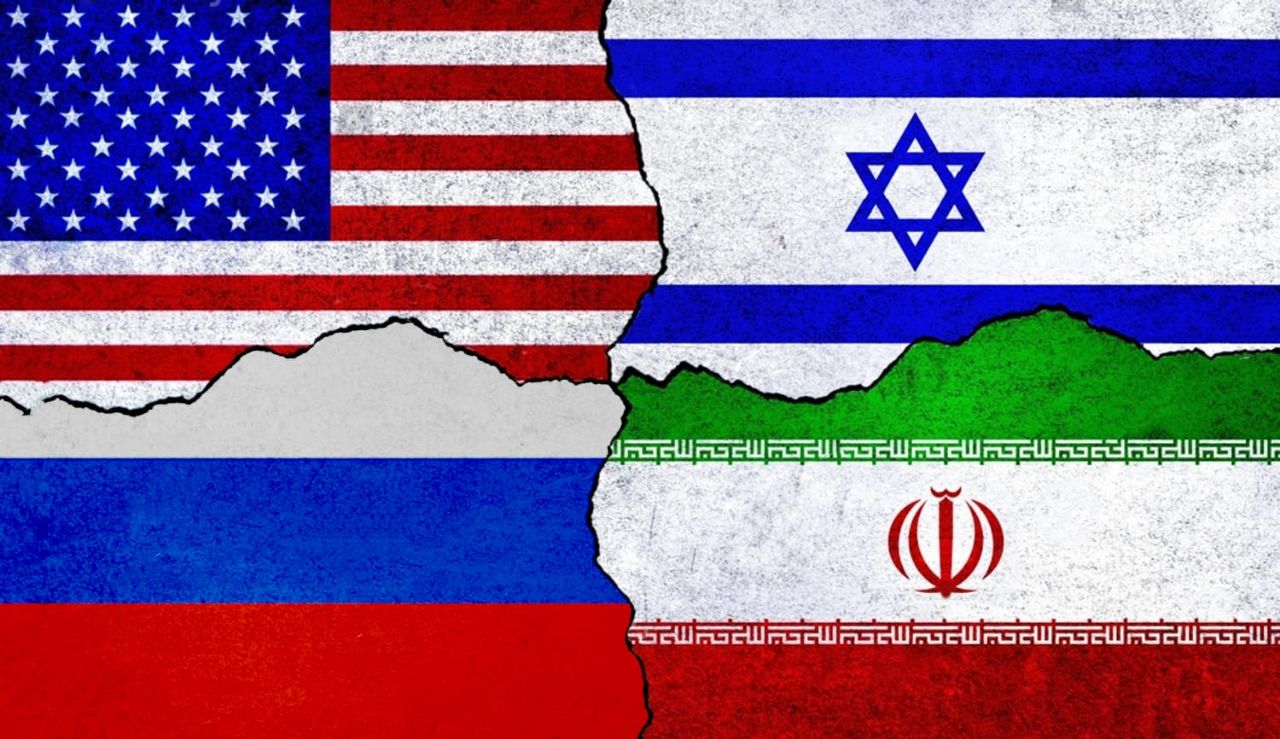Israel is losing:
- Israel could not manage to end the resistance in Gaza. Hamas is still standing and fighting.
- On the Lebanese front, ground forces have failed to advance and suffered heavy losses.
- The Iron Dome is unable to intercept the missiles launched from Iran and Lebanon.
- Anti-Netanyahu protests continue within the country.
- Internationally, Israel is becoming increasingly isolated.
The US, in line with its strategic interests, continues to support its outpost in the region.
Following the collapse of the Iron Dome, the Pentagon announced that the THAAD batteries will be sent to Israel. And American troops will be deployed to operate these batteries.
The US forces were already present in Israel. It’s an open secret that American Special Forces are active, at least on the Gaza front. However, this time, the US officially chose to announce its troop deployment to Israel. Soon after, the US warned Iran: “Do not touch American troops stationed in Israel”.
These precautions are in place against a potential retaliatory strike by Iran if Israel decides to respond to Iran’s last strike.
There are key questions: Will Israel strike Iran again? If so, what will be the scope? Oil and nuclear facilities are red lines…
US officials have repeatedly made it clear to the media that they have warned Israel to avoid targeting Iran’s oil and nuclear facilities.
Targeting oil facilities means to trigger a global surge in oil prices. That is a scenario that the West wants to avoid.
Attacking nuclear facilities will lead Iran to retaliate by targeting Israel’s nuclear sites in the next strike. No one wants a nuclear conflict in West Asia, the energy source of the world.
As these scenarios are being debated, it has been confirmed that Russia and Iran will sign a strategic cooperation agreement at the BRICS Summit in Kazan on October 22-24.
When asked whether this agreement includes a “mutual defense clause”, Kremlin spokesperson Dmitry Peskov responded that no information would be shared on the matter until the agreement is signed.
A similar strategic cooperation agreement between Russia and North Korea is also in the works. Reports write that it also includes a mutual defense clause. According to the agreement, if either party (Russia or North Korea) is attacked by another state or becomes involved in a war, the other party will provide military assistance.
The critical question is: Will the Russia-Iran agreement include a similar clause?
If such a clause is present in the agreement and Israel strikes Iran after the agreement is signed, will the agreement be in effect? Such a scenario would mean that Russia openly and officially provides military support to Iran against Israel.
Not surprisingly, Israel is closely monitoring Russia’s ties with Iran. In this context, it is worth mentioning the report by the Moshe Dayan Center written by Bet Chen Droyan-Feldman on October 14, 2024. The report is a discourse analysis of the Russian media following October 7. The report presents examples of anti-Israel tendency in the Russian press. And in its conclusion, the report suggests that the hardening tone against Israel is linked to the deepening relations between Russia and Iran. The new phase in Russia-Iran relations is attributed to Russia’s isolation from the West due to the war in Ukraine, and this is expected to persist until the end of the war in Ukraine.
In light of all these developments and analyses, it is possible to say that a rupture has occurred in Russia-Israel relations. However, it is difficult to estimate the extent of it…
A possible “mutual defense clause” in the Russia-Iran agreement during a time when the US is deploying troops in Israel as a shield against Iran will be a key indicator of the extent of this rupture.

















Leave a Reply